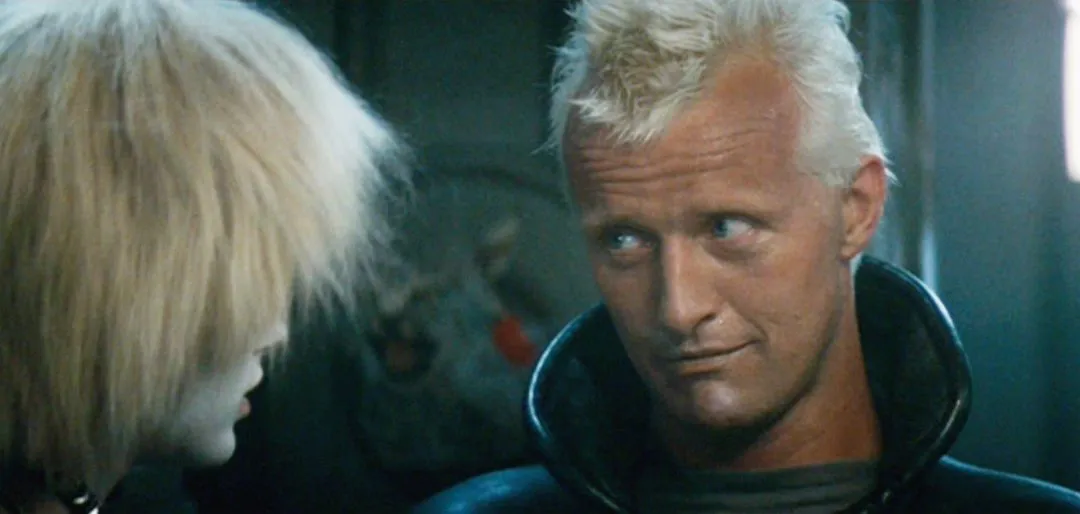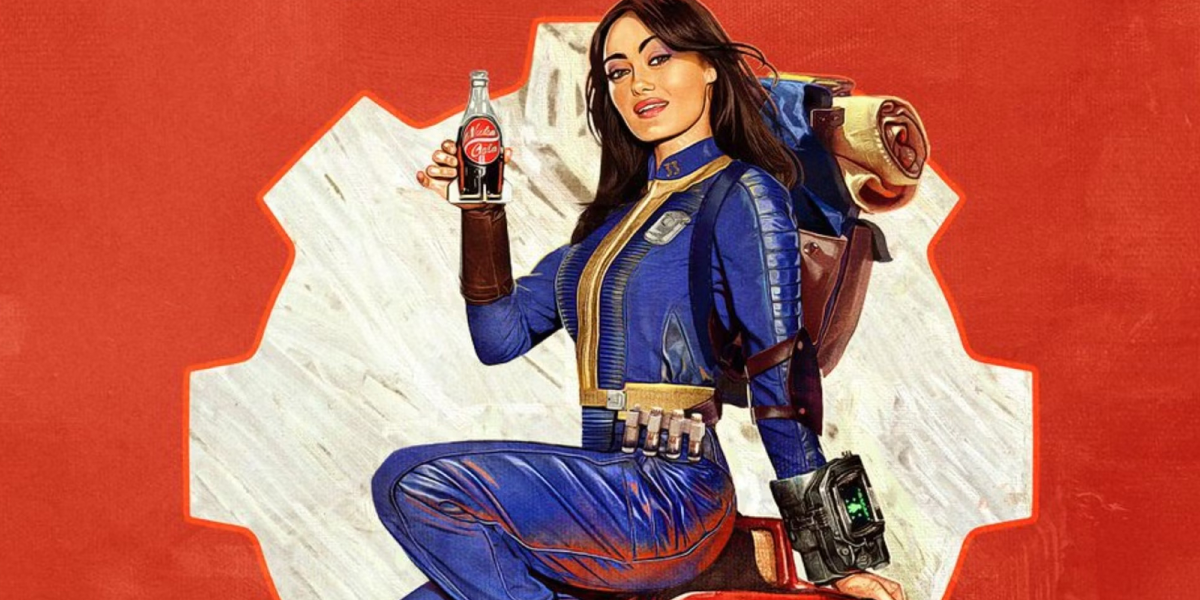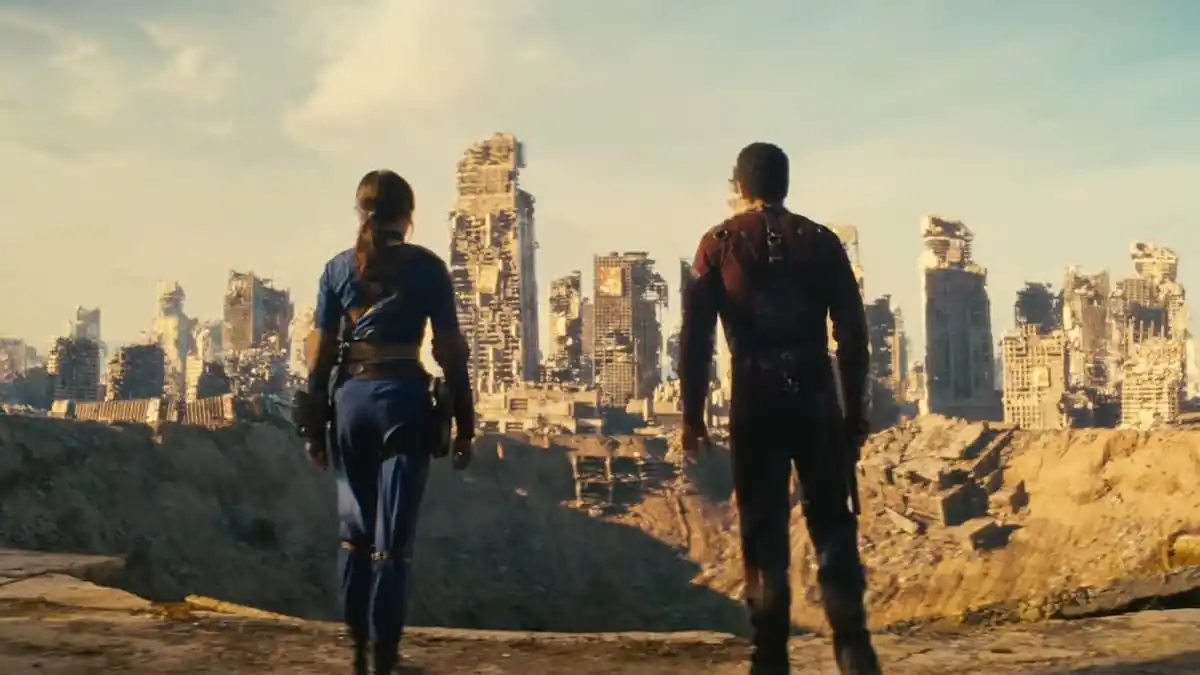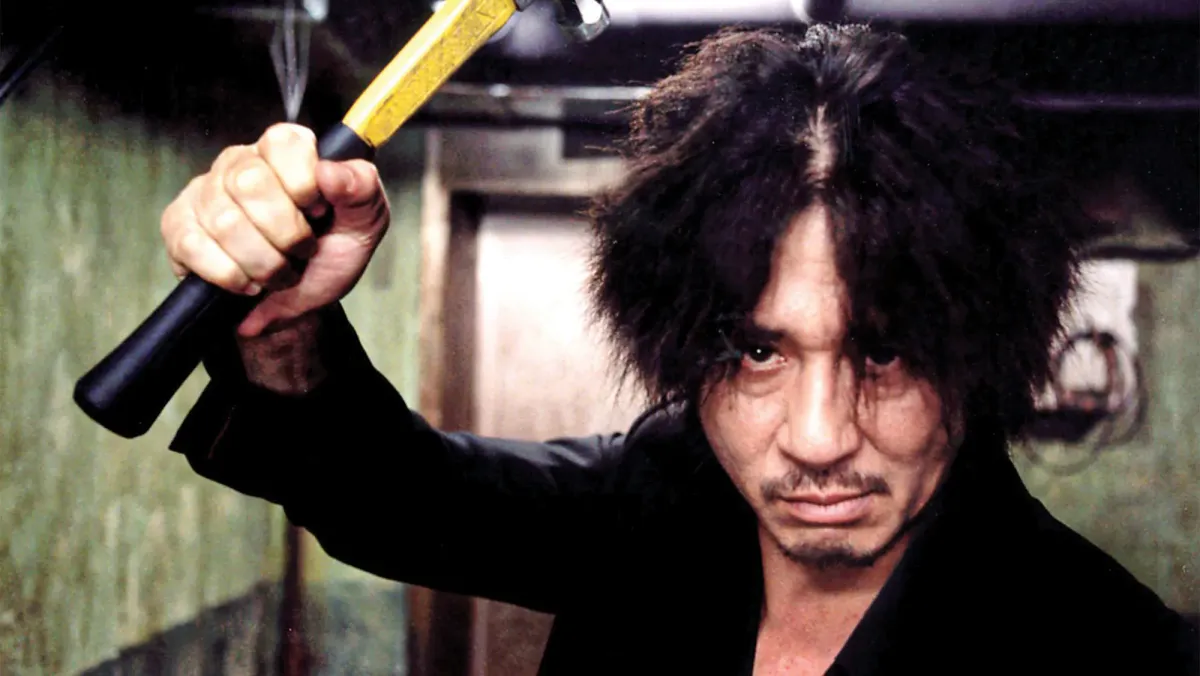“If only you could see what I’ve seen with your eyes,” the murderous android replicant Roy Batty declares in the 1982 film Blade Runner, rolling his words around like a man who loves an audience. Batty is speaking to his creator — a small, terrified man who trembles in front of him, uncertain and timid, his face almost shut down. Batty’s expression, in contrast, is impossibly open and mobile; those eyes seem to almost leap out of his face with delight, while his lips compress with equal parts satisfaction and mockery.
Then he finishes talking about his eyes, and his face rearranges itself from semi-parodic contemplation to semi-parodic businesslike determination. “Questions!” he hisses. Rarely has a bad guy’s ominous screen interrogation been so suffused with joy.
Batty was played by Rutger Hauer, who died this week at the age of 75. While he appeared in dozens of movies — from Soldier of Orange to Batman Begins to Ladyhawke — Roy Batty in Blade Runner remains Hauer’s most famous role, with good reason. It’s a performance that turns the standard villain tropes on their head through the sheer transformative power of overacting. Hauer’s Batty is a marvelous exercise in swallowing large chunks of scenery whole.

Usually in science fiction, robots or androids are presented as uncannily lacking in affect — they’re scary because they’re impassive. That’s even true of some of Batty’s colleagues. Brion James played the replicant Leon Kowalski with flat menace, while Batty’s talking about his eyes. Kowalski is wandering around in the background, sticking his hand into liquid nitrogen, and forgetting to flinch. You could see how he’d fail those Voight-Kampff emotion tests.
Hauer took Batty to a very different place. Androids have shortened life spans; they’re incredibly intelligent and powerful, but they flame out quickly. Their every moment is precious — and in line with that sense of heightened desperation, Hauer played Batty as an over-the-top mad supervillain. Every emotion was visible on his mercurial face.
In one wonderful scene, Batty tries to get his creator, Eldon Tyrell (Joe Turkel), to extend his lifespan. When Tyrell can’t, Hauer goes from dejection to a sly and resigned smile, to murderous determination, to a series of preposterous grimaces that suggest the worst bowel movement on Earth as he squishes a man’s head with his bare hands. Hauer unleashed his id and let it race around the room with its tongue hanging out.
Even better is Hauer’s universally acclaimed final speech as Batty, in which he sits in the rain and waits for death, his short life finally coming to its unnatural end. Throughout the whole monologue, his expression is a barrage of tics and grimaces. “All those moments will be lost in time, like tears in rain,” he declares, as every facial muscle appears to climb out of his skin. Meanwhile Harrison Ford, who played the bounty hunter Rick Deckard, the supposed good guy with the human feelings, looks on with the proportional emotive capacity of a stunned sea bass.
To some degree, Batty and Ford are simply reproducing the usual action movie dynamic where the stoic hero fights a flamboyant antagonist. You always low-key know that the bad guy in these films would be a lot more fun to hang out with than the good guy. But Hauer as Batty actually makes the case that “more fun to hang out with” means “morally superior.” The humans in Blade Runner come across as callous, deadened, and uncaring. Deckard kills his android targets with heartless noir cool. In comparison, Hauer’s mobile face registers every pain, every grief, every love, and every triumph in an ecstasy of humanity.
Hauer stands in for the outcasts and the loathed who are supposed to be beyond emotion, and so he gives them emotion by the bucketful. When he runs in pursuit of Deckard at the end, shirt off, face bloodied, howling at the sky, it’s not because the inhuman robot has devolved into an inhuman animal. Rather, it’s because Batty has just got that much life in him. He’s racing around, chomping at the bit to hunt, to kill, or even to forgive.
Androids are like characters in a film — they’re put together from bits and pieces, a human-like product created by some other human builder. Hauer, like Tyrell, put his genius into Batty, making someone larger than life. Roy Batty is a ridiculous, bombastic slab of ham; Hauer made him by turning the thespian extroversion up to 11 and turning the crank. At the heart of one of the most famously grimy and downbeat dystopian films ever is a performance that’s garish, fake, and full of love. Hauer may be gone, but that artificial, human part of him lives on.




